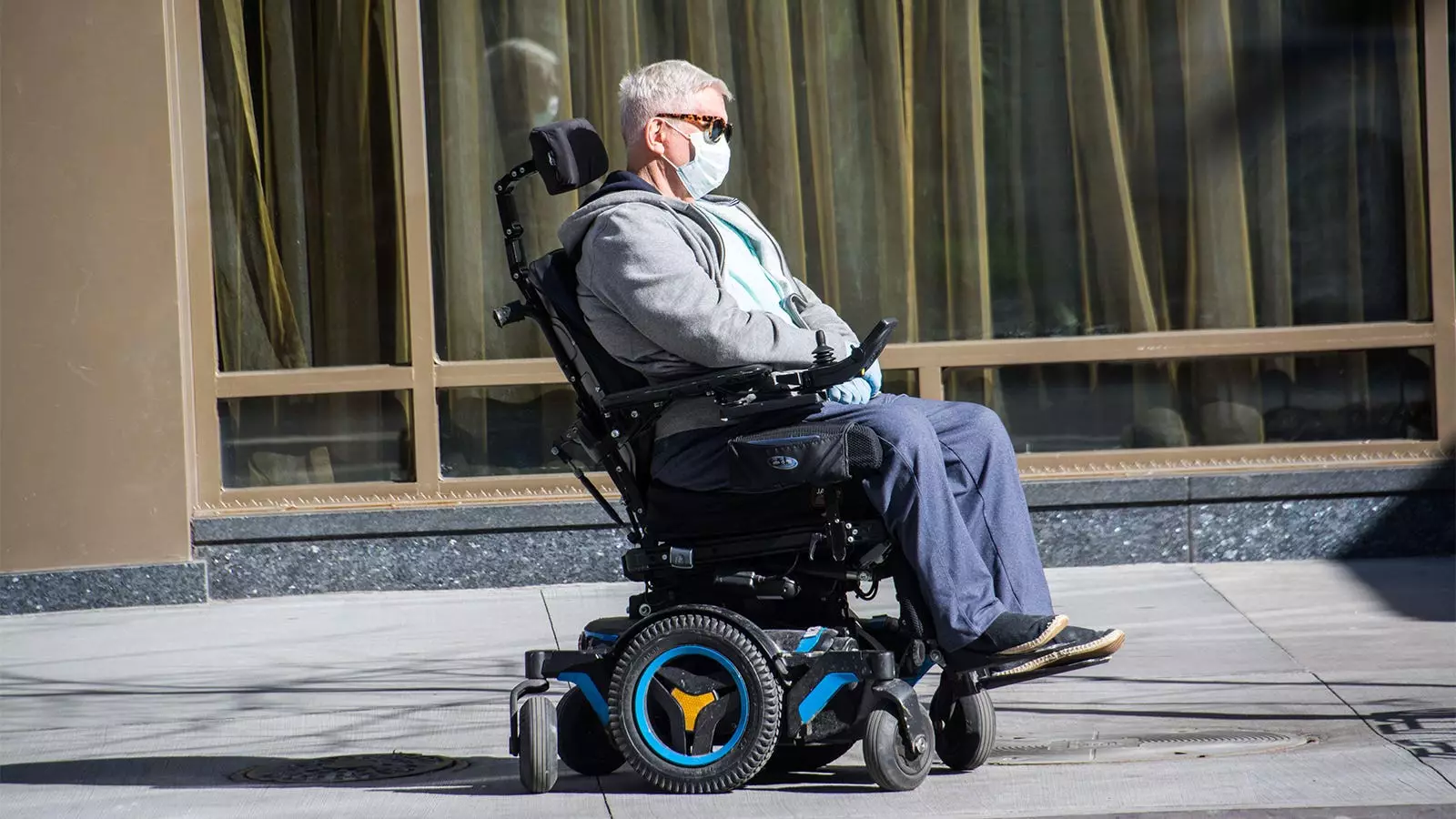A disability rights organization based in New York has recently filed a federal class action lawsuit against Nassau County’s Mask Transparency Act. The organization, Disability Rights of New York, is arguing that the ban on wearing masks in public, unless for health or religious reasons, is unconstitutional and discriminatory against individuals with disabilities.
The lawsuit includes two plaintiffs with different health conditions who rely on medical-grade face masks for protection. Since the passing of the local bill, they have expressed fear of harassment and potential arrest due to the mandate. One of the plaintiffs, referred to as G.B., has cerebral palsy and asthma, using a wheelchair for mobility. The lack of a clear standard for police to determine health exceptions has left G.B. feeling vulnerable in public spaces.
Individuals like G.B. are facing the threat of arrest simply for prioritizing their health and safety by wearing a mask. The fear of harassment, discrimination, and even assault from others, including business owners and employees in Nassau County, has created a hostile environment for those with disabilities. The inability to go about their normal daily activities without facing judgment has severely impacted their quality of life.
Nassau County Executive Bruce Blakeman, a Republican who signed the bill into law, cited the need to address antisemitic incidents and criminal activities as the reason behind the mask ban. The legislation makes it a misdemeanor to wear a face covering in public, punishable by jail time and fines. While the exemptions include health, safety, religious, or cultural reasons for mask-wearing, the broad scope of the law raises concerns about overreach and discrimination.
Blakeman has defended the ban as a public safety measure, highlighting incidents involving mask-wearing protesters as the catalyst for the legislation. However, the impact on individuals with disabilities who rely on masks for health reasons has raised questions about the balance between public safety and individual rights. The potential consequences of the ban extend beyond criminal activities to the marginalization of vulnerable populations within the community.
The lawsuit against Nassau County’s Mask Transparency Act sheds light on the discriminatory impact of such legislation on individuals with disabilities. The lack of clarity, enforcement protocols, and protections for those who rely on masks for health reasons underscores the need for a more nuanced approach to public safety measures. As the case unfolds in the courts, the outcome will not only determine the fate of the ban but also set a precedent for safeguarding the rights of all individuals, including those with disabilities, in the face of public health challenges.

Leave a Reply